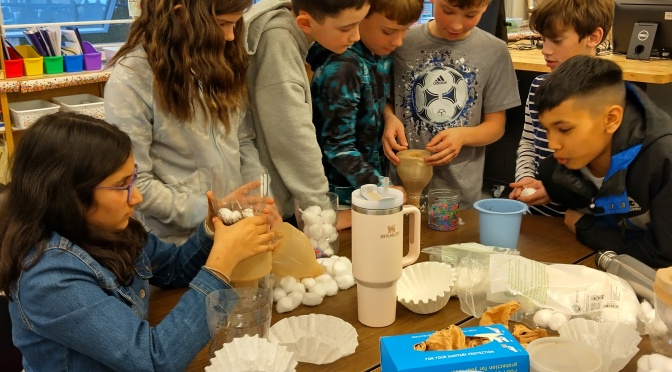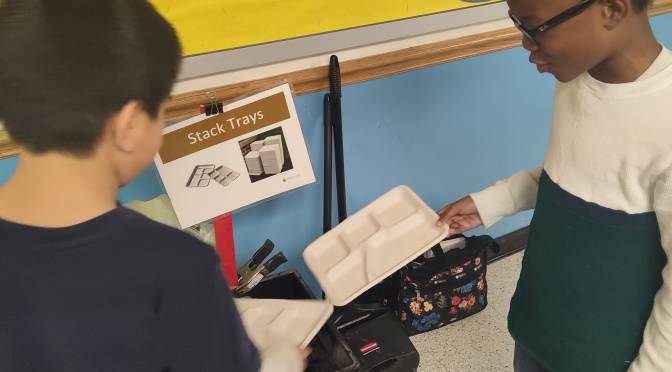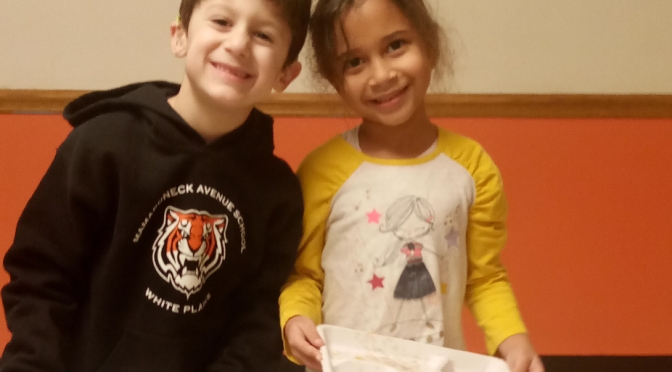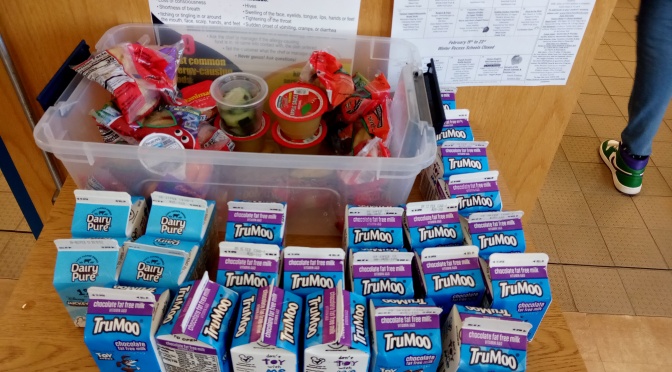For most kids in the US, it is normal to go, turn on the faucet and out comes beautiful clear, great tasting water. We drink it, we cook with it, we shower in it and -aggghhhh- we flush our toilets with it. Potable water is the greatest resource.
Teaching students the value of water, when they, themselves, have grown up with it being normal means to teach them beyond their own surroundings.
We Future Cycle offers a variety of environmental presentations to students, connecting them to their surroundings, making them aware of the connections and consequences of their own every day behaviors. Such as using the toilet as trash receptacle, big no no.
(note to the intrepid reader: only bio solids (aka: no1 and no2) and TP goes into the toilet, nothing else: no flushable wipes, no chemicals, no q-tips, no feminine products, no male products, no medication)
We teach them just how little fresh water there is on Earth and what it takes to make it potable and arrive, ever so conveniently, at your faucet. Showing them where their water comes from and what happens when we flush makes them appreciate the value this incredible resource has.
And it creates a sense of responsibility.




